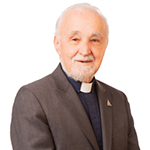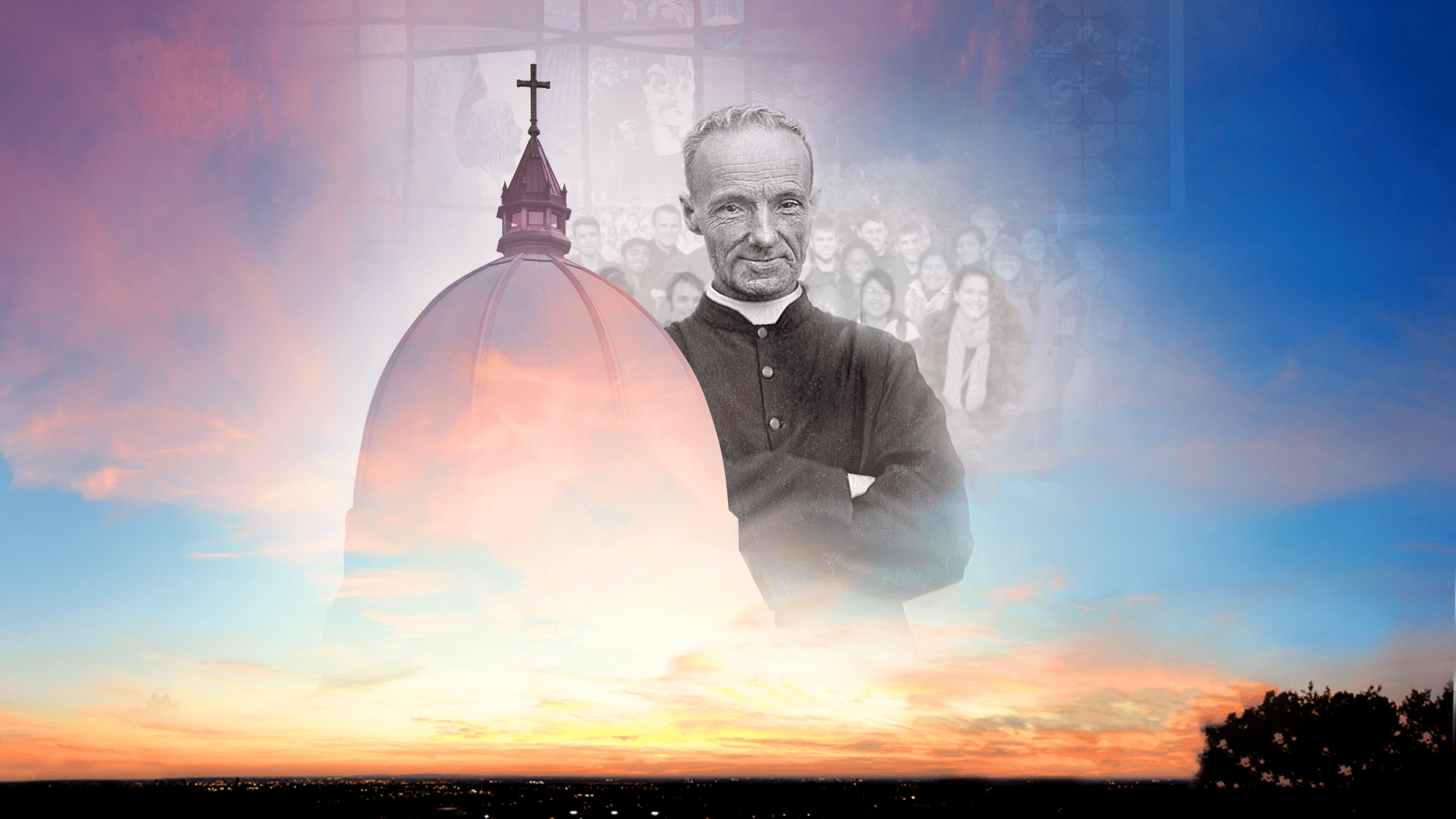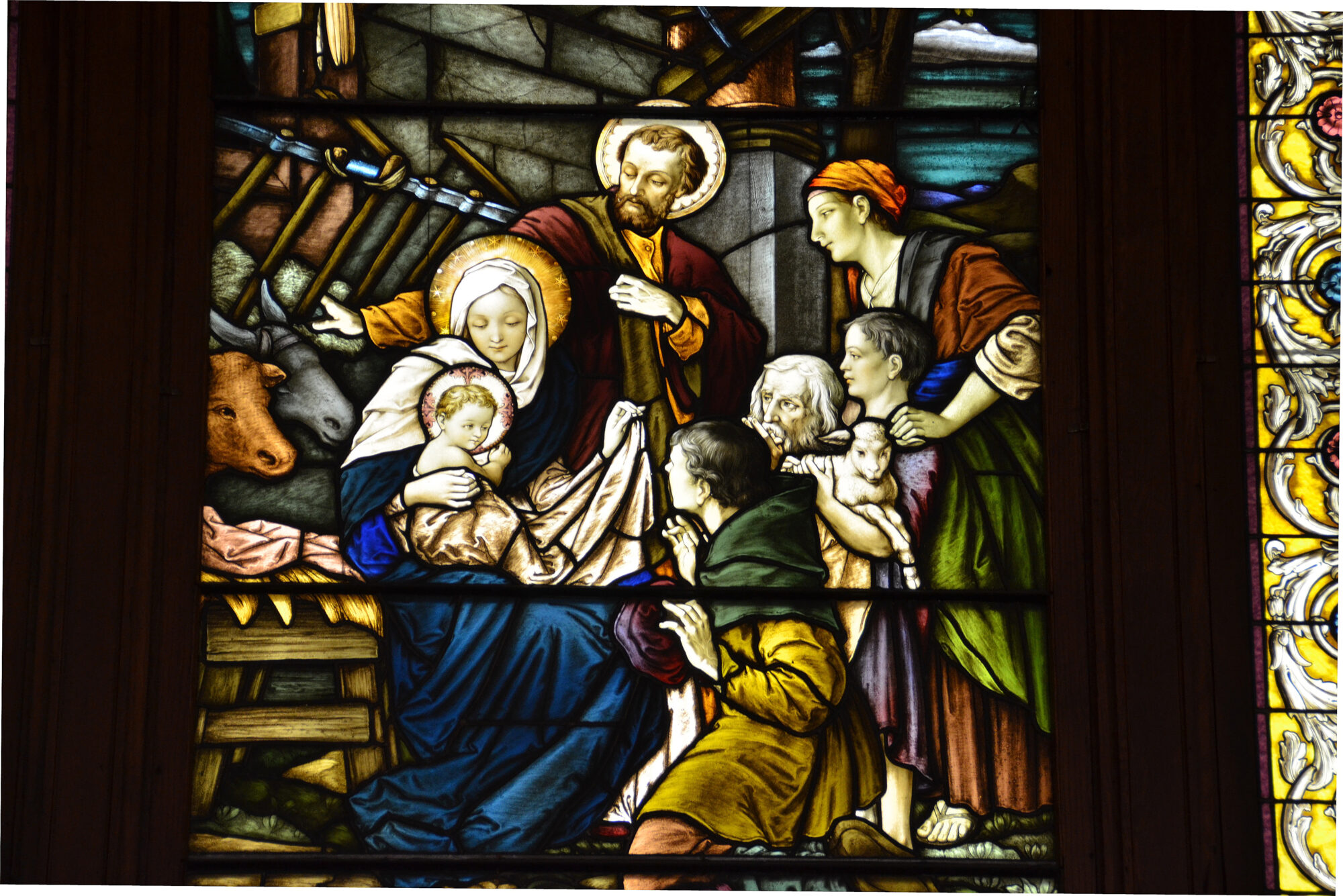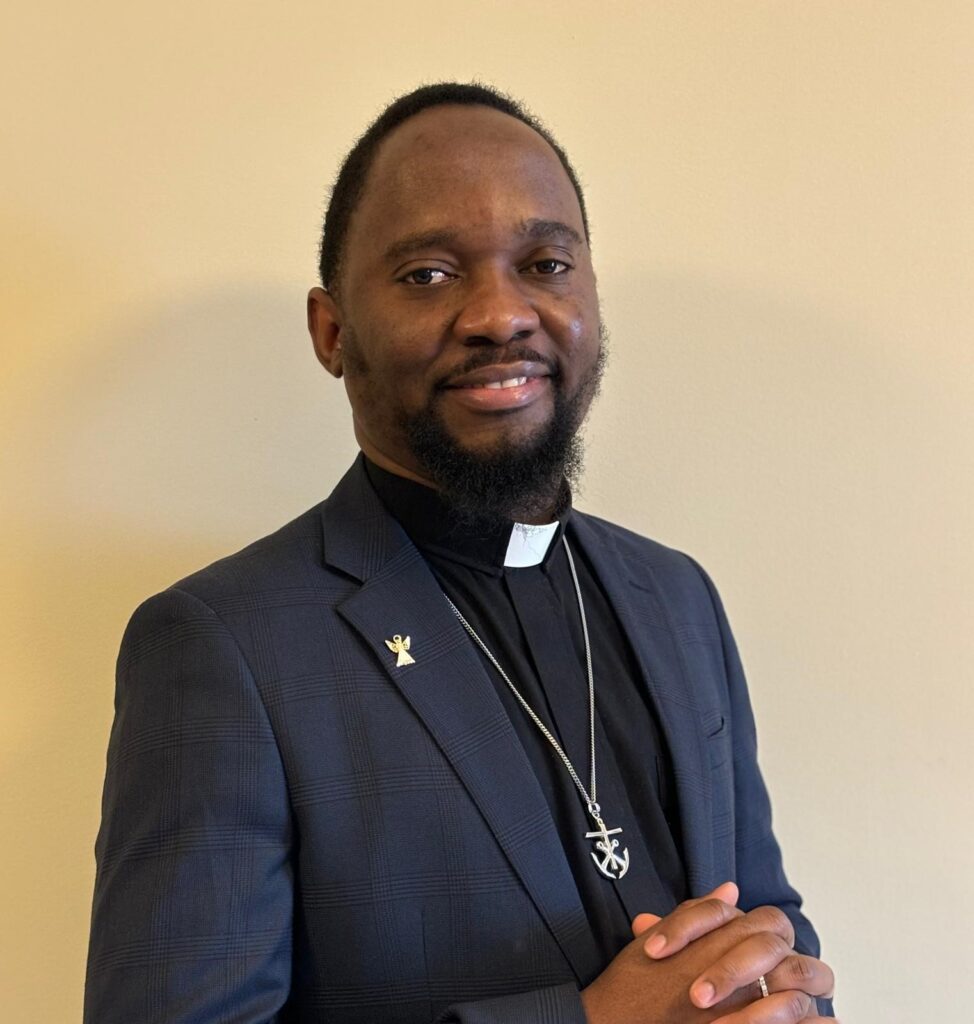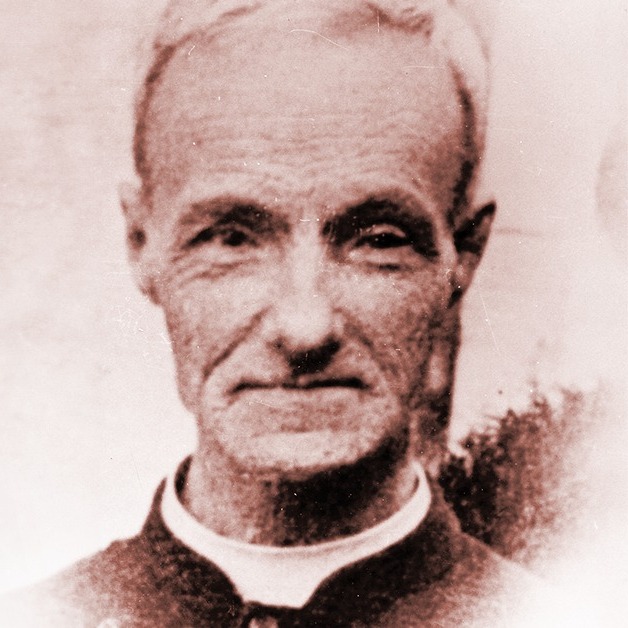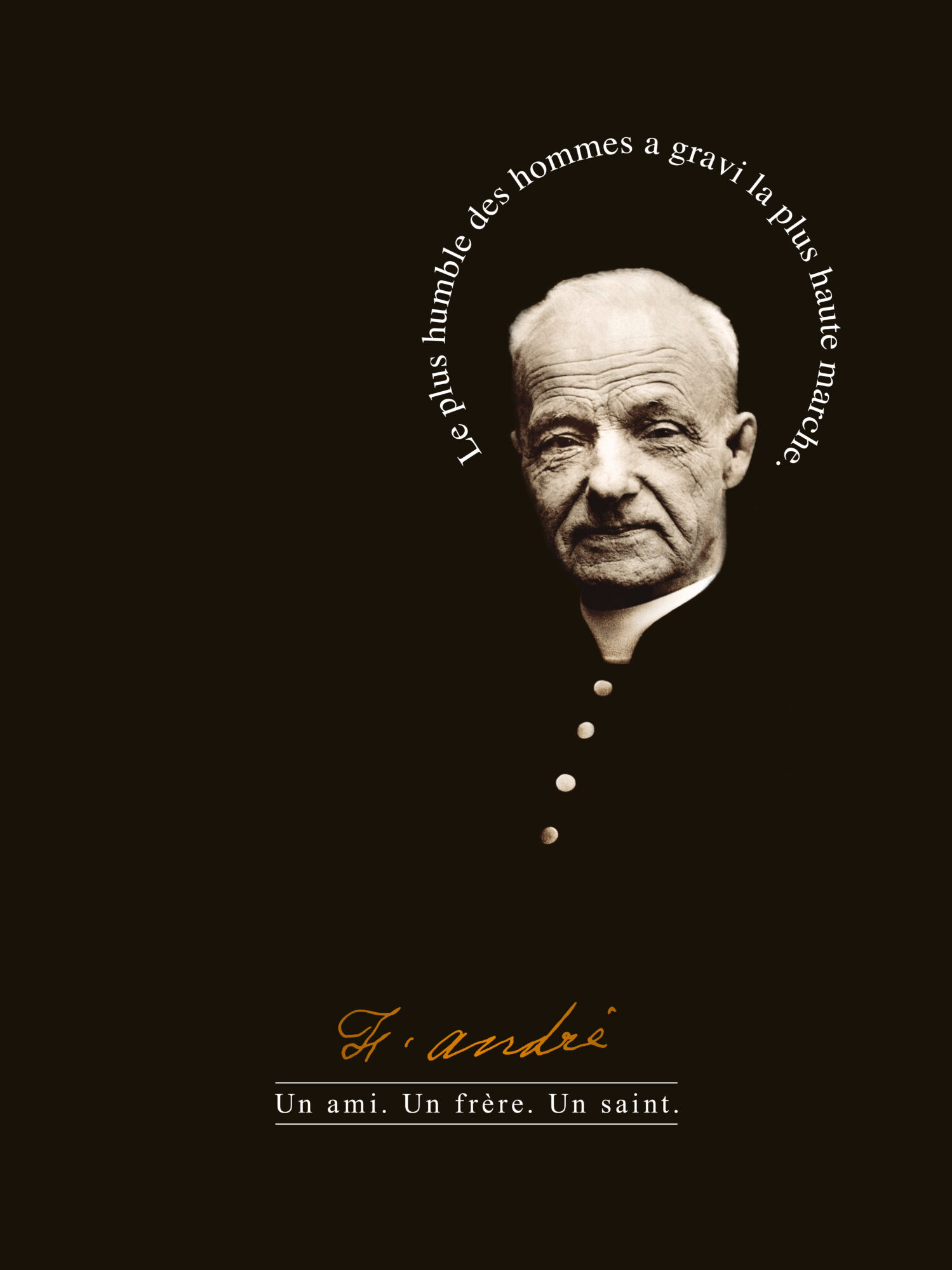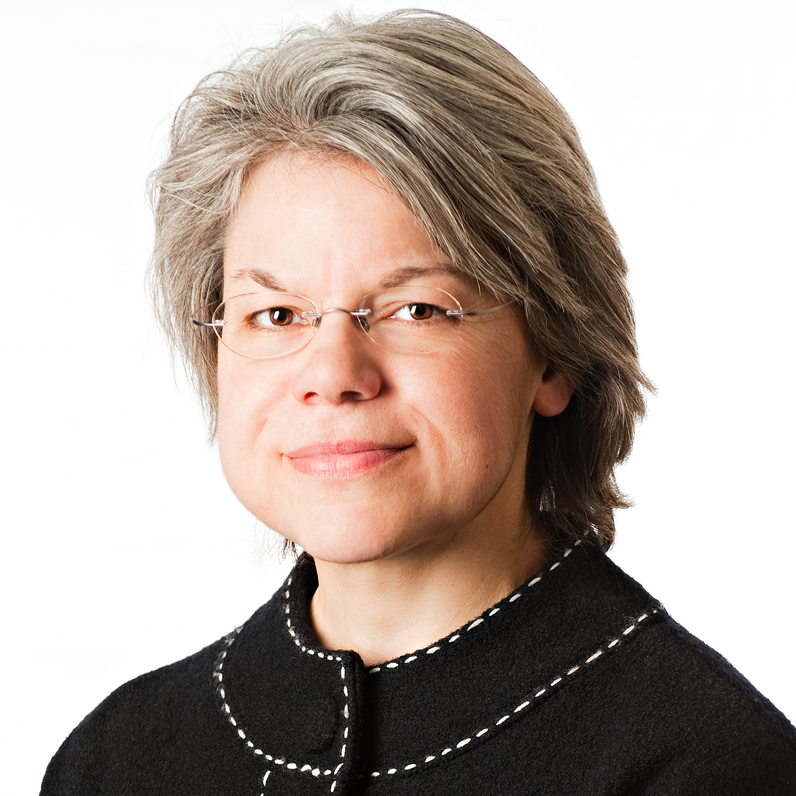A Heritage to Celebrate
The starting point, the inspiration for the new theme proposed by the pastoral team at Saint Joseph’s Oratory, is our mission statement:
In the heart of the city creating that space for welcome, for encounter and for reflection, where the heritage of Saint Brother André thrives.
Mission Statement, March 2016
With the new pastoral theme “A Heritage to Celebrate,” we are celebrating Brother André’s rich and multi-faceted heritage. Let us take a moment to reflect upon the choice of words at the centre of this theme: CELEBRATE − We intentionally chose “celebrate” rather than “commemorate.” Whereas commemoration refers to honouring and remembering a past event, “celebration” expresses recognition of a movement, a continuity… A reminder of the past for which we rejoice and want to make known, to “celebrate.” HERTAGE − In this case, it is used in a broad sense. Saint Brother André died as he lived, without any material possessions; he founded the Oratory but it never belonged to him. But a heritage, according to the dictionary, is “Something that is handed down from our predecessors, in terms of character, ideology” and, I would add, “spirituality.” Here it is evident that Saint Brother André left a rich heritage for us to protect, keep alive and celebrate. To celebrate the heritage, we must allow it to penetrate deep within us and discover its true riches. Brother André assembled a multitude of people who shared his faith and enthusiasm and who worked together. We must be in tune in order to better hear and understand the core of Brother André’s messages. This message can be found in his words and even more in in attitude, which make him a friend, a brother, a saint. We can celebrate his faith, his prayer, his devotion to Saint Joseph, the welcome he gave to those who came to him and the way he persevered in his work, even in the face of adversity. Celebrating a heritage, celebrating vitality Brother André assembled a multitude of people who shared his faith and enthusiasm and who worked together. Some important names remain in our memory, early companions such as Joseph Olivier Pichette and Captain Gauthier, as well as early brothers like Abondius Piché, the woodworker, George-Auguste Dion, the first superior, Émile Deguire who kept the flame burning after Brother André’s death. Brother André’s heritage is also that of thousands of men and women who made the Oratory what it is today. It continued to grow and keeps on growing today, in new ways. Take for example welcoming the sick, an important facet inherited from Brother André which has transformed through a long tradition at the Oratory. We know that many sick people would come to meet Brother André, who in turn was the instrument of their healing. The hundreds of crutches and ex-voto that can be found at the Oratory remind us of the importance of this ministry in Brother André’s life. This particular action was renewed when hundreds of sick people would come to pray, especially on Wednesday, accompanied by many volunteers to assist them, which became more structured with the Ministry to the Sick. The attention given to the sick, the disabled and the elderly remains an important part of our heritage. How can we make him present today? One way to celebrate our heritage is by making the Oratory more accessible to the disabled. Does the announcement that Brother André may be invoked as the patron saint of natural caregivers indicate a new pathway? We could certainly examine our heritage through various fields of activities, for example, to see how the annals of 1912 led to major changes until today or how liturgical prayer has changed over the years to adapt to the changing Church and expectations of today’s pilgrims. Instead, we suggest that you start from fundamental elements such as welcome, faith and prayer, and see how they are the foundation of Brother André’s life and the history of the Oratory, how this heritage is carried today and how it opens up a pathway for tomorrow. And thus we will celebrate this heritage with creative faithfulness.
A HERITAGE TO CELEBRATE
Lord, we thank you for this wonderful heritage left us by Saint Brother André. Grant us the same steadfast faith that guided him throughout his life.
Transform our hearts that we may accept our sisters and brothers as he did — with compassion. Teach us to turn with confidence to his friend Saint Joseph as we entrust to him the anxieties and the afflictions of those who appeal to us.
Give us the grace to discover in the very act of acceptance and service the path toward joy and peace of heart. We pray to you, Father, through your Son, in the Spirit. Amen
